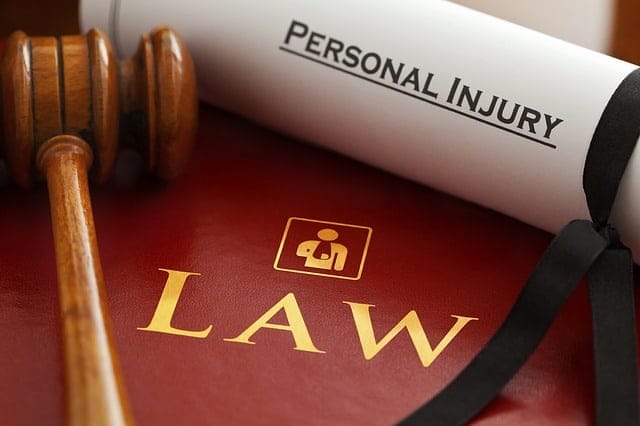
If an accident that was not your fault turns your life upside down, waiting for a settlement to help pay your bills can be agonizing.
Your mounting expenses are only exacerbated by medical bills, physical therapy, and medication costs, all while being unable to work. If you don’t have the funds to live your normal day-to-day life when suing for reparations, pre-settlement funding could save the day.
How do personal injury lawsuit loans work and what are the pros and cons you should consider? Learn more in this blog.
How Do Personal Injury Lawsuit Loans Work?
A personal injury lawsuit loan is a great option if you find yourself in dire financial straights after an accident. These loans are only granted in certain circumstances and come with a hefty interest rate.
This type of pre-settlement funding is also known as a lawsuit cash advance, and you can only apply for one so long as your case is pending.
There are also specific terms which regulate how this loan is spent. For example, it must be used to cover daily expenses or costs related to your injury and recovery.
Repayment of the Loan
So, how do you pay back the lender of such a loan?
In short, a lender recoups the amount they loaned you, plus interest, once they resolve your case and you receive your settlement winnings. Bear in mind that interest rates are generally set at 40%, much higher than the average interest rate of a loan.
But what happens if you don’t win anything from your settlement? In this case, you don’t owe anything back. But that sounds too good to be true, right?
It’s important to remember that the lender will have done extensive research on your case and your probability of winning. It’s highly likely that they have great confidence in repayment and will, therefore, take the chance of offering you a loan.
The Pros and Cons of Personal Injury Lawsuit Loans
Personal injury lawsuit loans will not be granted if you cannot prove that the money will be spent on costs related to an injury. In other words, you cannot use the loan to fund discretionary spending.
It’s also highly advisable that you take loan advances monthly rather than a lump sum of money. This way, the funds are there to meet your needs and you’ll also incur lower interest on the advance.
Some of the pros of a personal injury loan include:
- Access to funds if you’re in dire need of money to pay off mounting medical bills
- Obligation-free payback to your lender if you fail to win your case
- Avoid putting your lawyer at risk of violation when asking them to help cover your medical expenses
- With a good lawyer on your side, you may be able to negotiate a lower payoff to the lender so you take home more from your settlement
While there is always some risk involved in taking out a loan, some of the cons of this type of loan include:
A very high-interest rate which can significantly add to the total repayment amount owed to your lender if you win your settlement.
And to add to this, a large loan could interfere with the settlement of your case. As such, the defendant’s team may be less willing to settle if they know the money is going to a lender to pay off your loan.
Know Your Employee and Healthcare Rights
Now that you know a little more about personal injury lawsuit loans, brush up on your knowledge of your healthcare and financial rights in the workplace. Don’t wait until you find yourself in a sticky situation!
Learn more about filing for worker’s compensation, employee violation rights, paycheck deductions and more on our website!
The Editorial Team at Healthcare Business Today is made up of skilled healthcare writers and experts, led by our managing editor, Daniel Casciato, who has over 25 years of experience in healthcare writing. Since 1998, we have produced compelling and informative content for numerous publications, establishing ourselves as a trusted resource for health and wellness information. We offer readers access to fresh health, medicine, science, and technology developments and the latest in patient news, emphasizing how these developments affect our lives.







